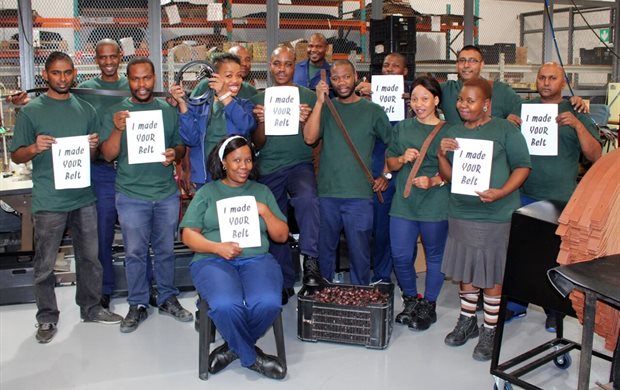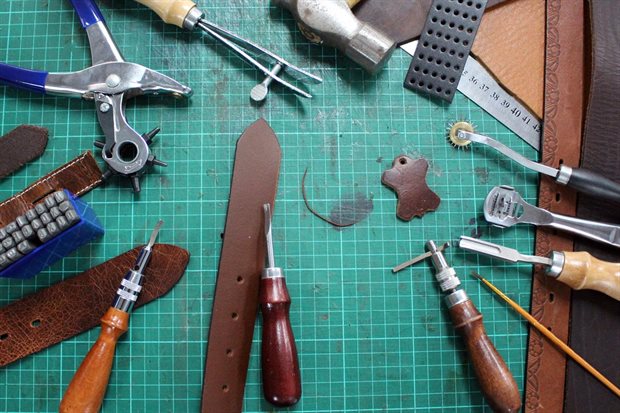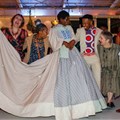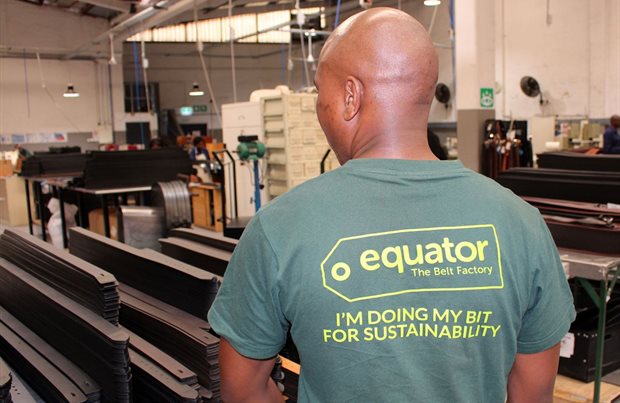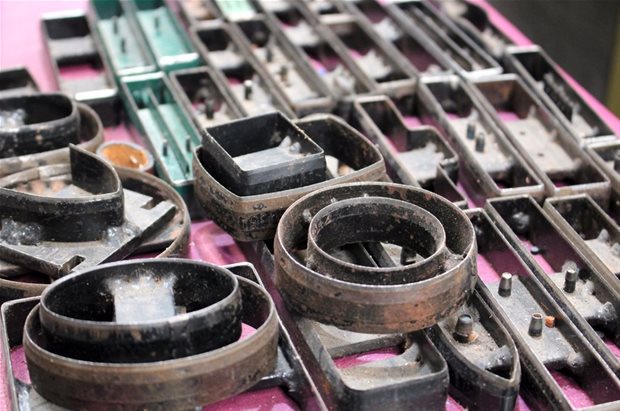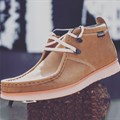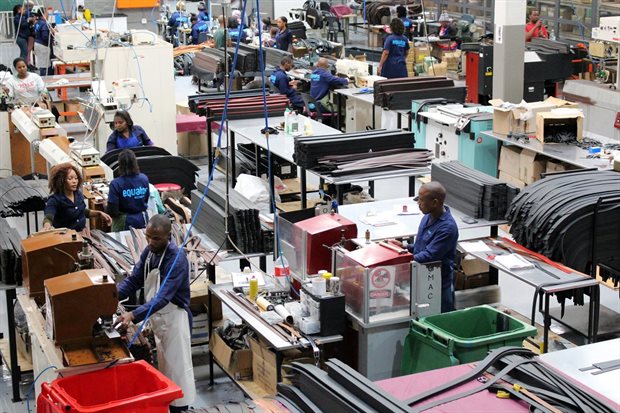From vegan leather to green building, KZN-based design house and manufacturer, Equator - The Belt Factory, is on a journey to drive social and ecological sustainability behind the scenes of South Africa's fashion supply industry.
Born from humble beginnings in 2001, Equator now operates from a new facility in New Germany in Durban with over 90 employees; designing and manufacturing belts for both South African and international retailers and brands such as Woolworths and Polo.
Plant-based leather
The company has been committed to responsible materials sourcing from the start. “We buy leather that is either compliant with Europe’s strictest tanning standards, or higher,” says Leon Buhr, managing director of Equator.
“We make use of recycled leather to further reduce our impact but our ultimate goal is towards more plant-based content in the finished product. So while it may take a while to be 100% plant-based or biodegradable, if we can increase the overall percentage we’re doing well.”
After long periods of internal research and experiments, and scouring the planet for plant-based fabrications, Equator can finally bring wallets to market where the upper and linings are made from 100% plant-based materials in European Oeko-tex® certified factories.
“The sponge filler (between the upper and the lining) is still the old fashioned type, but it constitutes a small portion of the overall bulk and we are still searching for a more sustainable option,” says Buhr. The wallets are now production-ready and belts are next.
“We’re currently finalising the recipe on belts. We also have samples using pineapple leather but these are not yet priced for the mass market and remain at an out-of-reach premium price. This will come down as it is more widely adopted and produced.”
The market-ready end-material looks, ages and softens like leather, is recognised as a vegan-friendly material and has a number of environmentally and socially responsible credentials, and is more accessibly priced than the pineapple leathers. The material is also highly versatile, abrasion-resistant and durable – making it the perfect material for a high-quality and lasting product.
“There is a current justification of using fossil fuel-based materials that are not planet-friendly and short-lived in the pursuit to offer ‘vegan-friendly’ alternatives,” says Buhr. “This is misleading. From a sustainability perspective both our leather, recycled leather and new plant-based products offer durable, long-lasting and more natural options.”
People and planet
Buhr adds that Equator is constantly on the look-out for ways to improve itself as a better business for both people and the planet. “We understand that as manufacturers we have an impact. We want to make sure that we take control of that impact to do minimal harm to the environment and touch people’s lives in a positive way,” he says.
In this regard, the company has also committed to working in alignment with the United Nations Sustainability Goals. The Equator facility is targeting a Green Star certification from the Green Building Council of South Africa with a number of technical and operational sustainability measures being put in place.
These range from rainwater harvesting to low-flow tap and toilet inserts to energy efficiency, green cleaning and on-site waste separation.
“We are taking a multi-pronged approach around the building,” says Buhr, from monitoring energy consumption and air quality, to developing a productive work environment, using VOC-free paints and furnishings.”
Additionally, Equator is looking into ways of eliminating single-use plastic items by addressing its procurement. The company recently found a new sticker technology to replace the desiccant sachets that are required to keep moisture out of the packaging their belts and wallets are transported in. “This will result in a great deal less waste,” says Buhr.
Equator also prides itself on its factory standards and happy staff – proven by the fact that all of the company’s year-one staff remain with them in 2019.

































